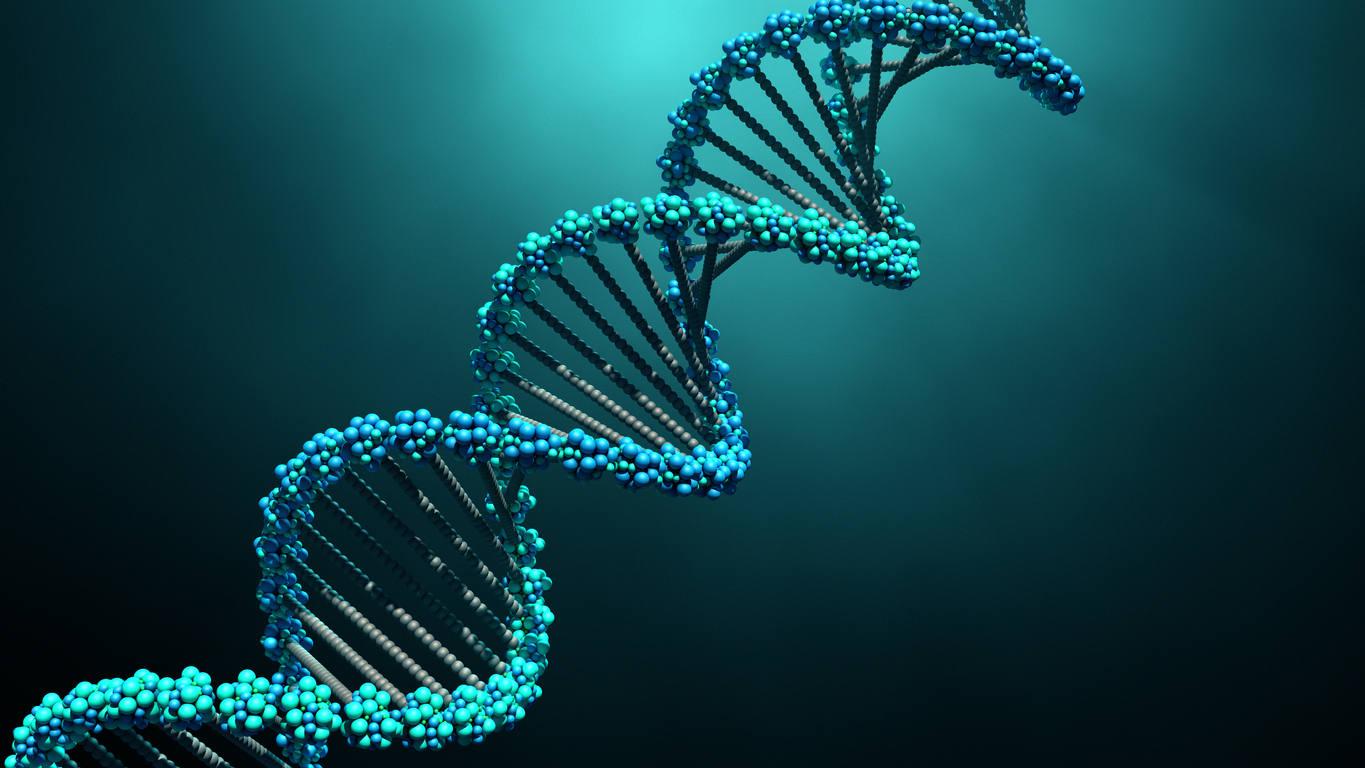NEWS
It’s All in the Genes
February 21, 2020

An estimated 30 million Americans are affected by approximately 7,000 different rare diseases. A rare disease is defined as one that affects fewer than 200,000 people in the United States, according to the National Institute of Health’s Genetic and Rare Diseases Information Center.
What can cause a rare disease?
At least 80% of rare diseases are known to have a genetic causes.
How are rare diseases diagnosed?
A rare disease can be tough to diagnose as symptoms of the same disease may vary from patient to patient. Diagnosis is commonly delayed in patients, which results in unnecessary testing; missed opportunities to avoid or decrease sometimes life-threatening medical complications; failure to provide cutting-edge therapeutic options and diminished quality of life. Physicians may recommend genetic counseling or a genetic evaluation for a variety of reasons.
While not a comprehensive list, here are some conditions for which people are referred for genetic counseling and evaluation:
- -abnormal fetal ultrasound findings
- -abnormal newborn screening
- -birth defect(s)
- -suspected inborn error of metabolism
- -growth disturbance (e.g. failure-to-thrive, short stature, tall stature, overgrowth)
- -developmental delays
- -autism spectrum
- -chromosomal differences
- -recently diagnosed genetic condition
- -hearing or vision loss
- -unusual skin findings
- -personal or family history of cancer, cardiac problems, kidney abnormalities, neuromuscular disorders
Faces of Saint Peter’s – Dr. Day-Salvatore
Depending on the specific reason for your physician referral, a patient may see a genetic counselor or a medical geneticist. Genetic counselors are healthcare professionals with a master’s degree who specialize in taking family medical histories, assessing risks for genetic disease based on those histories, informing patients about various genetic testing options and their limitations, educating patients about genetic test results, and providing support and resources as needed. Licensed genetic counselors work under the supervision of a medical clinical geneticist, a consulting physician boarded in clinical genetic medicine and a primary care specialty who specializes in the evaluation, diagnosis, management, and treatment of patients of all ages with a variety of conditions that are genetically influenced.
As a state-designated regional center, the Saint Peter’s Department of Medical Genetics and Genomic Medicine provides in-patient and out-patient services to patients of all ages with a variety of genetically-influenced conditions including abnormal newborn screens, confirmed inborn errors of metabolism, birth defects, chromosome abnormalities, hearing impairment, craniofacial and genetic bone disorders, autism spectrum, cancer, and diseases of the heart, lungs, kidneys, brain, skin, muscles, eyes, gastrointestinal and genitourinary tracts. Our department houses one of the largest comprehensive Lysosomal Disease Therapy Centers in the United States, trials orphan drugs, and provides a broad range of pre-conceptional, prenatal, and postnatal genetic counseling as well as pregnancy-specific management and treatment of maternal metabolic, lysosomal, and genetic conditions. To learn more, please visit: https://www.saintpetershcs.com/Services/Genetics-and-Genomic-Medicine
